Division II - Informatics, Economics and Society
Technical and social innovations - ultimately their inseparable combination - are the drivers of a societal transformation. The energy and mobility transformation describe specific transformation needs; in both, digitization is considered a key innovation, with the digital transformation being credited with changing all areas of life. How can these transformations be shaped in such a way that the benefits for society are greater than the associated risks?
In the areas of computer science, business and society, we conduct both fundamental and application-oriented research, and ultimately policy- and society-advisory research on these topics. In addition to disciplinary education, research-oriented teaching in the KIT departments for informatics, economics and management, and humanities and social sciences helps to convey this responsibility for science-induced social change processes to students. The two Helmholtz research programs "Engineering Digital Futures" and "Energy Systems Design" complement research in the KIT strategic research fields of energy, mobility, and information, in particular through research in real laboratories.
These enable transformative research in the real living world.
From Data to Knowledge to Action - Shaping Social Transformations
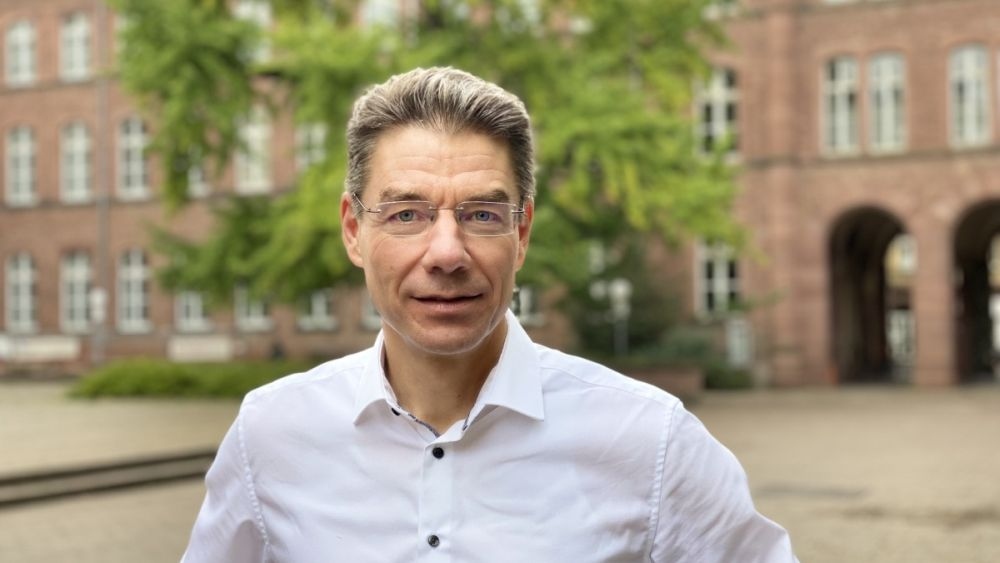
The former head of the Department of Computer Science, Economics, and Society took up his new position on June 1
Learn more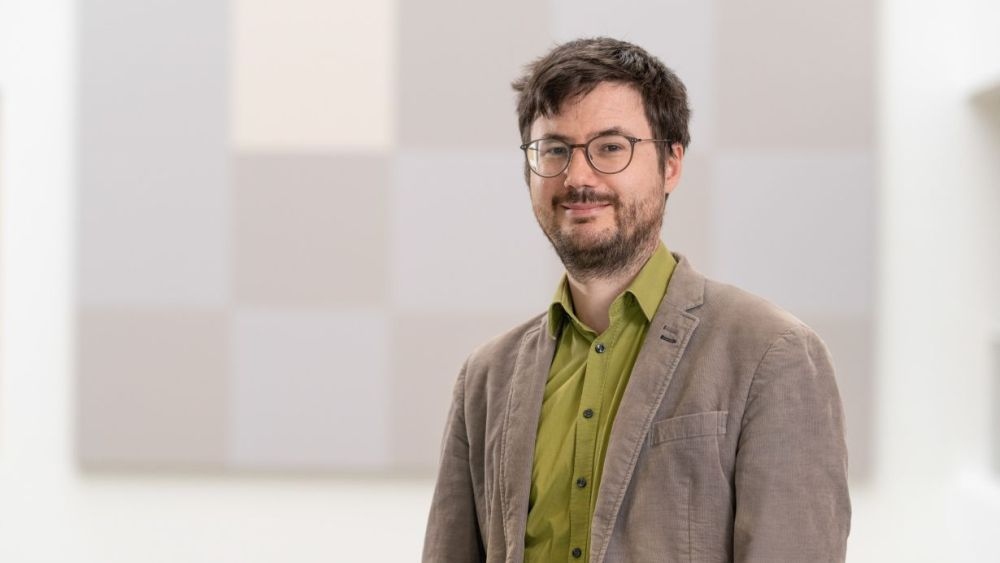
Professor Gerhard Neumann has been granted around 2.4 million euros for his research on autonomously learning robots
Learn more
Founding of the KIT Chipdesign House at KIT – Institution to strengthen top-level research in chip design in Baden-Württemberg
Learn more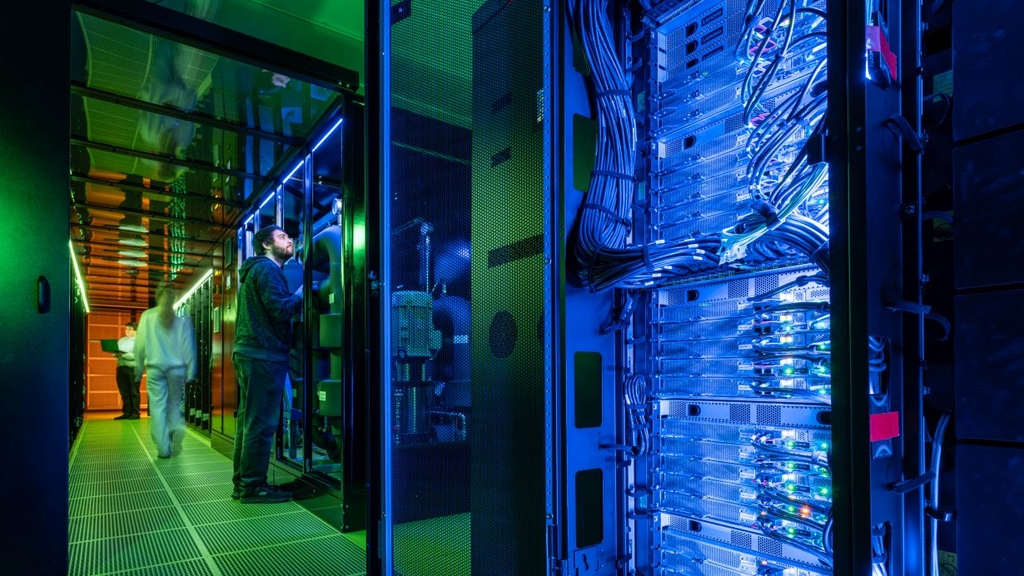
Upgraded Karlsruhe supercomputer ranks in the top 10 of the international Green500 list
Learn more
First half of the nationwide survey on sports motor skills of children and young people completed – focus on the fitness of the "coronavirus generation"
Learn more
Physical and mental health of 4 to 17-year-olds in the focus of the three-year study
Learn more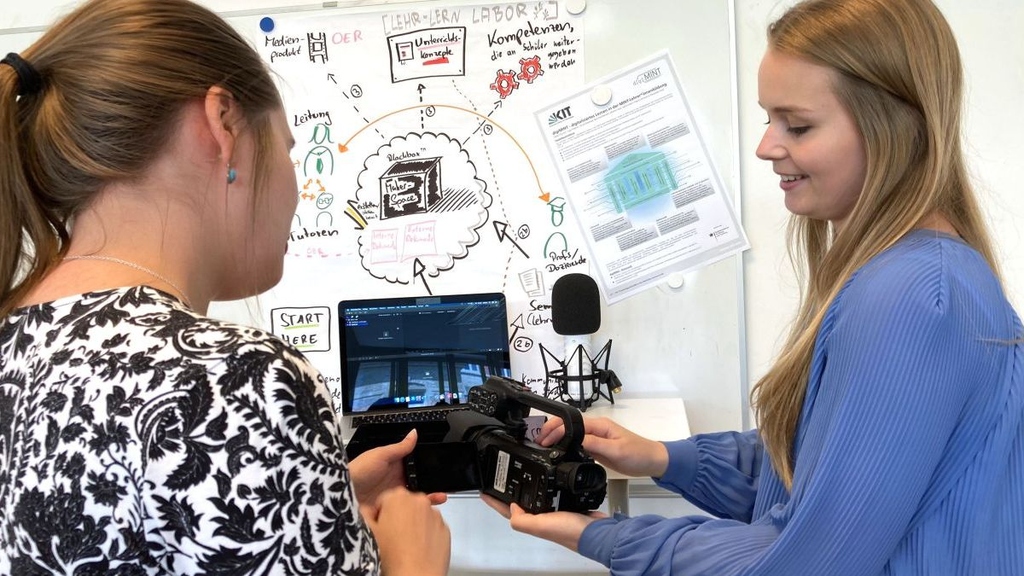
Four-year digiMINT project comes to an end - the use of digital tools is now part of the teacher training program at KIT
Learn more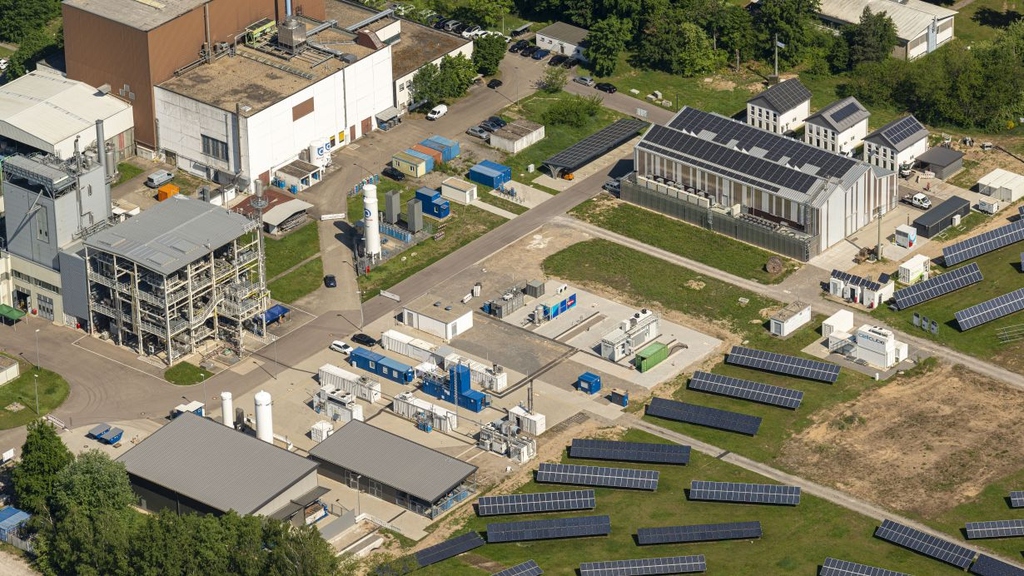
KIT researchers support cities and municipalities in advancing sector coupling
Learn more
KIT distances itself from Karl Steinbuch – "Scientific Computing Center" as new name
Learn more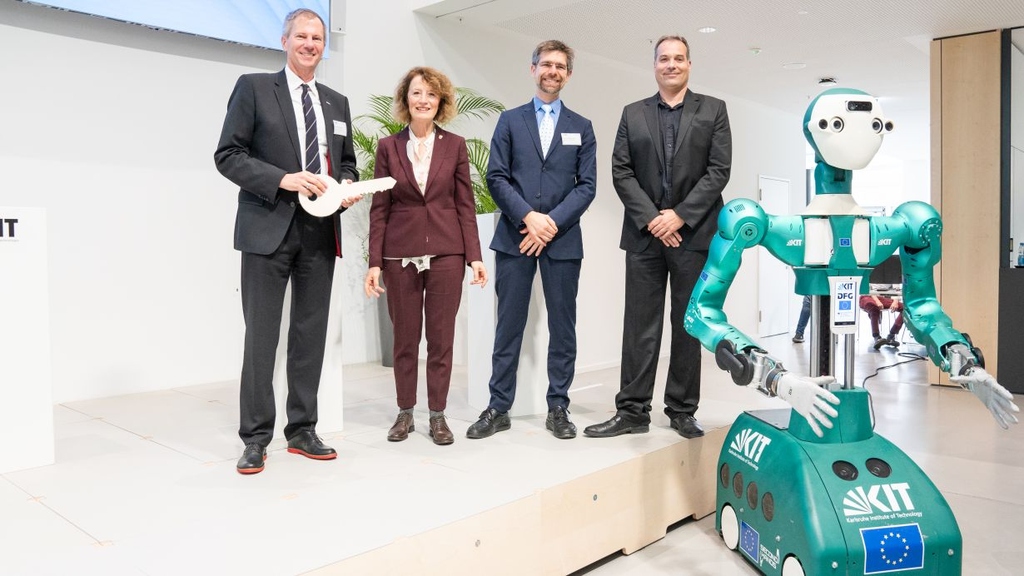
Klaus Tschira Foundation hands over two institute buildings on KIT's Campus South – The new buildings combine informatics and science communication
Learn moreDer Europäische Forschungsrat fördert Kathrin Gerling in ihrem Projekt am KIT, virtuelle Realität für Menschen mit körperlicher Behinderung zugänglich zu machen.
Mehr erfahren

KIT’s Institute for Technology Assessment and Systems Analysis will operate the Office of Technology Assessment with the German Bundestag for another five years
Learn more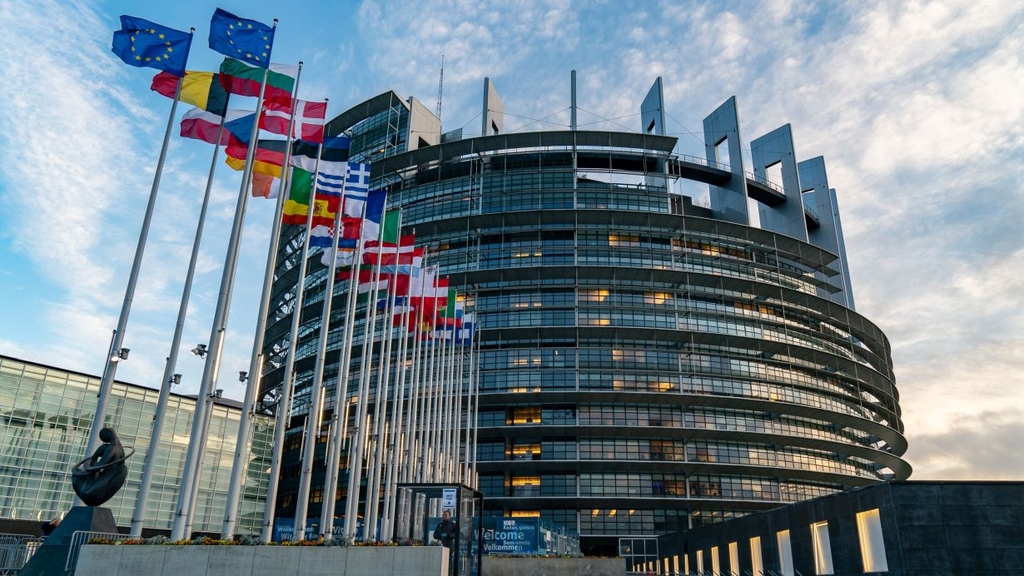
KIT coordinates a group of international scientific institutions for technology assessment
Learn moreAuf der Tech Transfer Conference Stage - dem Hotspot für Wissenstransfer von der Forschung in die Wirtschaft der Hannover Messe 2023 nahm Prof. Dr. Michael Decker an einer Podiumsdiskussion zum Thema "KI2Business - Paradies oder Irrweg?" teil.
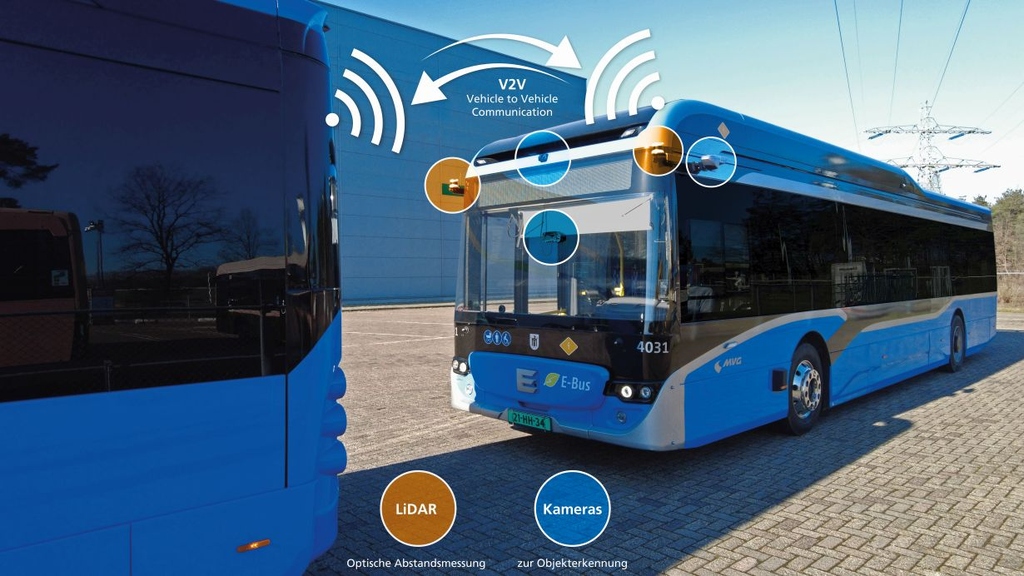
From April 17 to 21, 2023, KIT presents innovative technologies at its two main stands at "Future Hub" and "Energy Solutions“
Learn more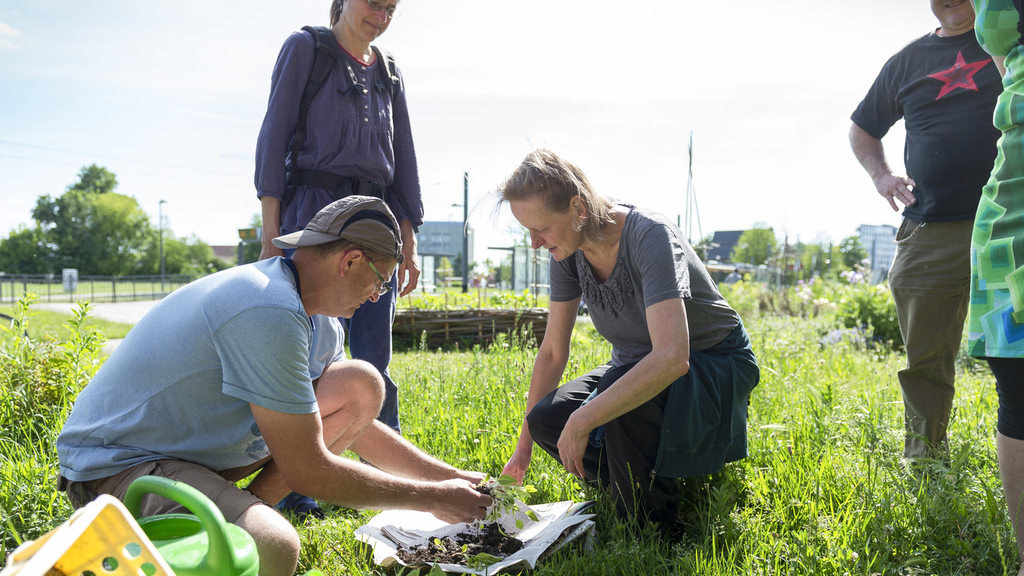
Citizens are invited to develop ideas and solutions for sustainable living and working together with KIT researchers
Learn more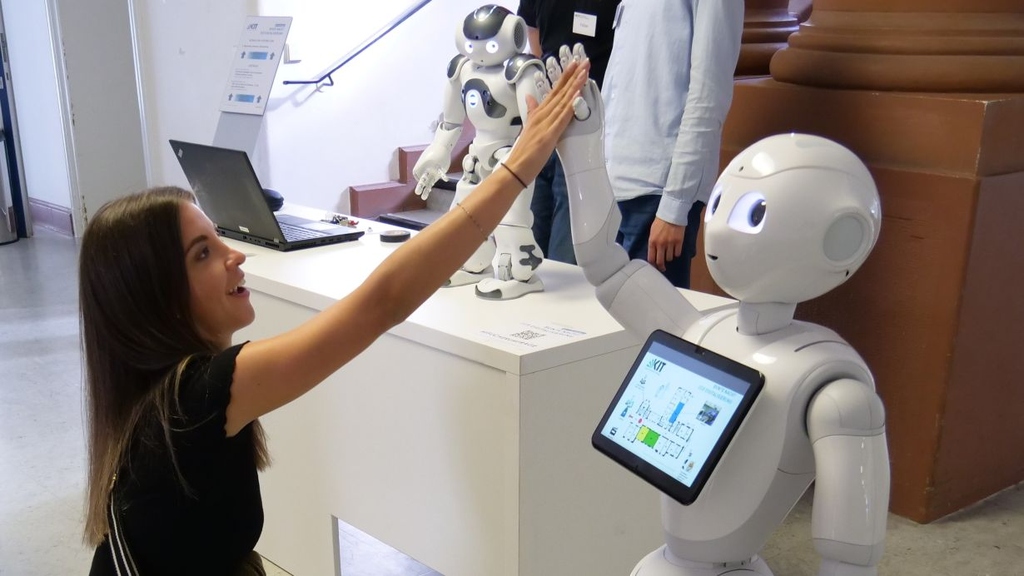
The KIT Information - Systems - Technologies Center (KCIST) presents its current research to the public
Learn more
KIT is "Partner University of Top-class Sports" for 20 years - More than 80 top athletes supported - SAMEurope project establishes European networking
Learn more
Ein Sammelband mit dem Titel „Digitalisierung und die Zukunft der Demokratie“ DOI:10.5771/9783748928928 ist im Jahr 2022 unter der Herausgeberschaft von Alexander Bogner, Michael Decker, Michael Nentwich und Constanze Scherz bei der Nomos Verlagsgesellschaft, Baden-Baden, erschienen. Der Band enthält Expertenbeiträge, u.a. von Ulrich Smeddinck des ITAS, zu verschiedenen Aspekten der Technikfolgenabschätzung. Eine Rezension des Buches ist in der Frankfurter Allgemeinen Zeitung publiziert.
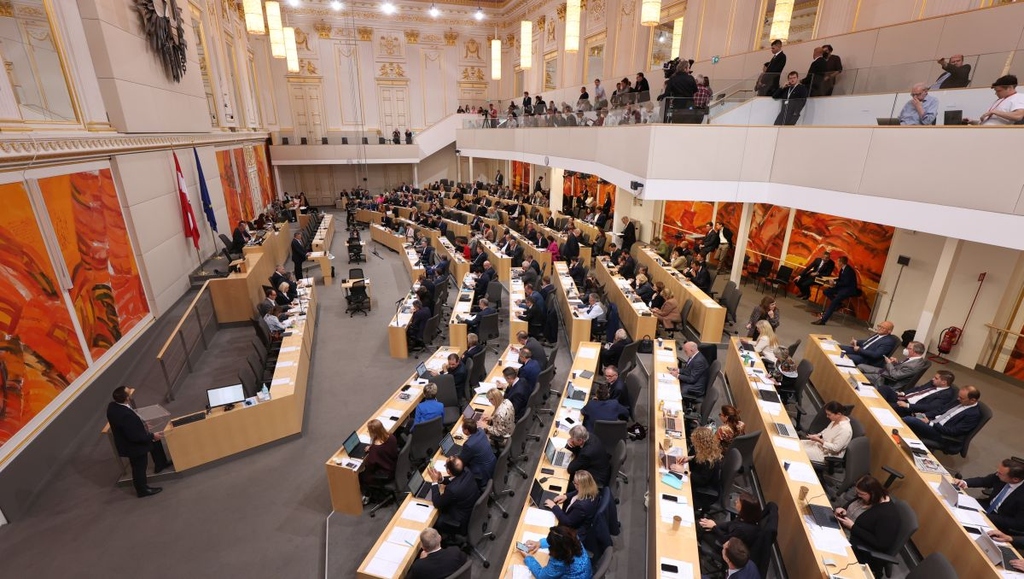
Forschende des KIT beraten als Partner den Nationalrat. KI-gestütztes Technologiemonitoring und technisch-gesellschaftliche Entwicklungen im Fokus
Mehr erfahren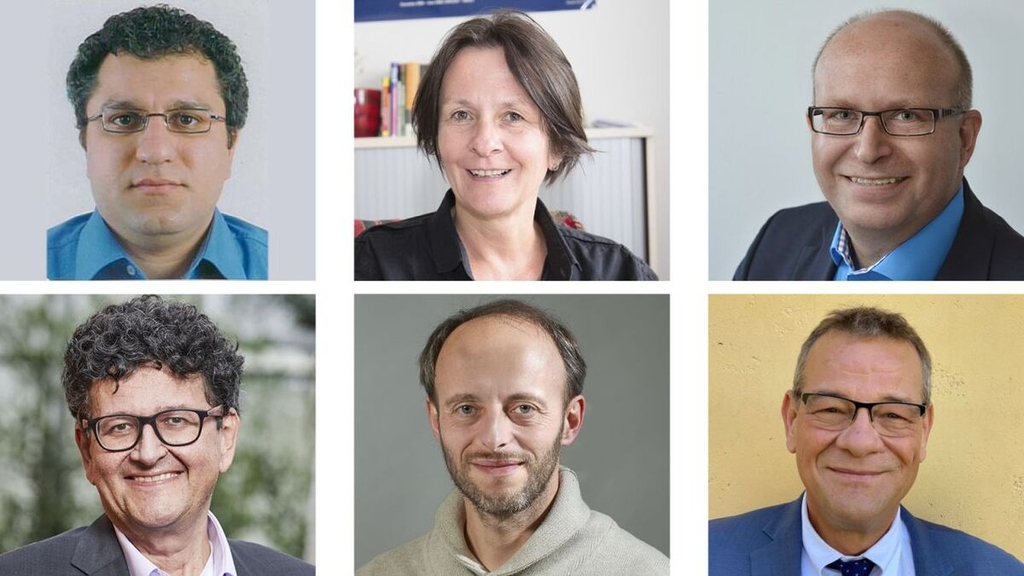
Sechs Forschende des KIT sind in diesem Jahr unter den meistzitierten Wissenschaftlerinnen und Wissenschaftlern weltweit.

Fehlerquellen beim Maschinellen Lernen werden zu oft übersehen und Ergebnisse dadurch verzerrt
